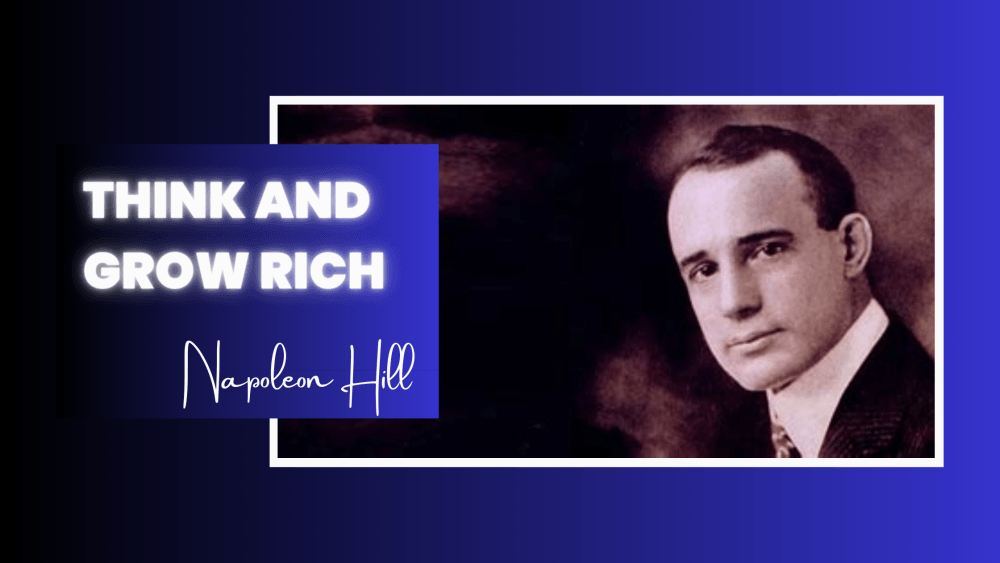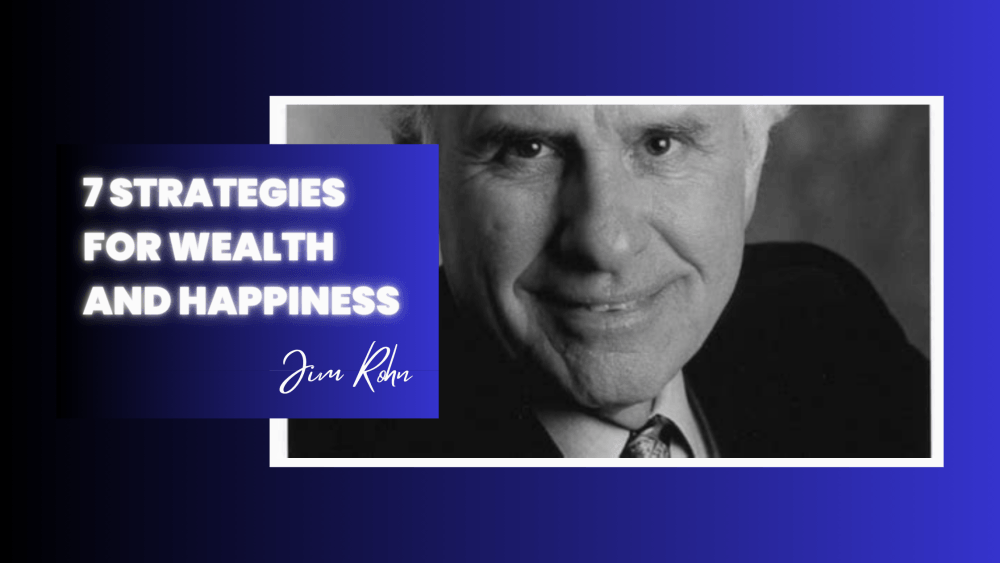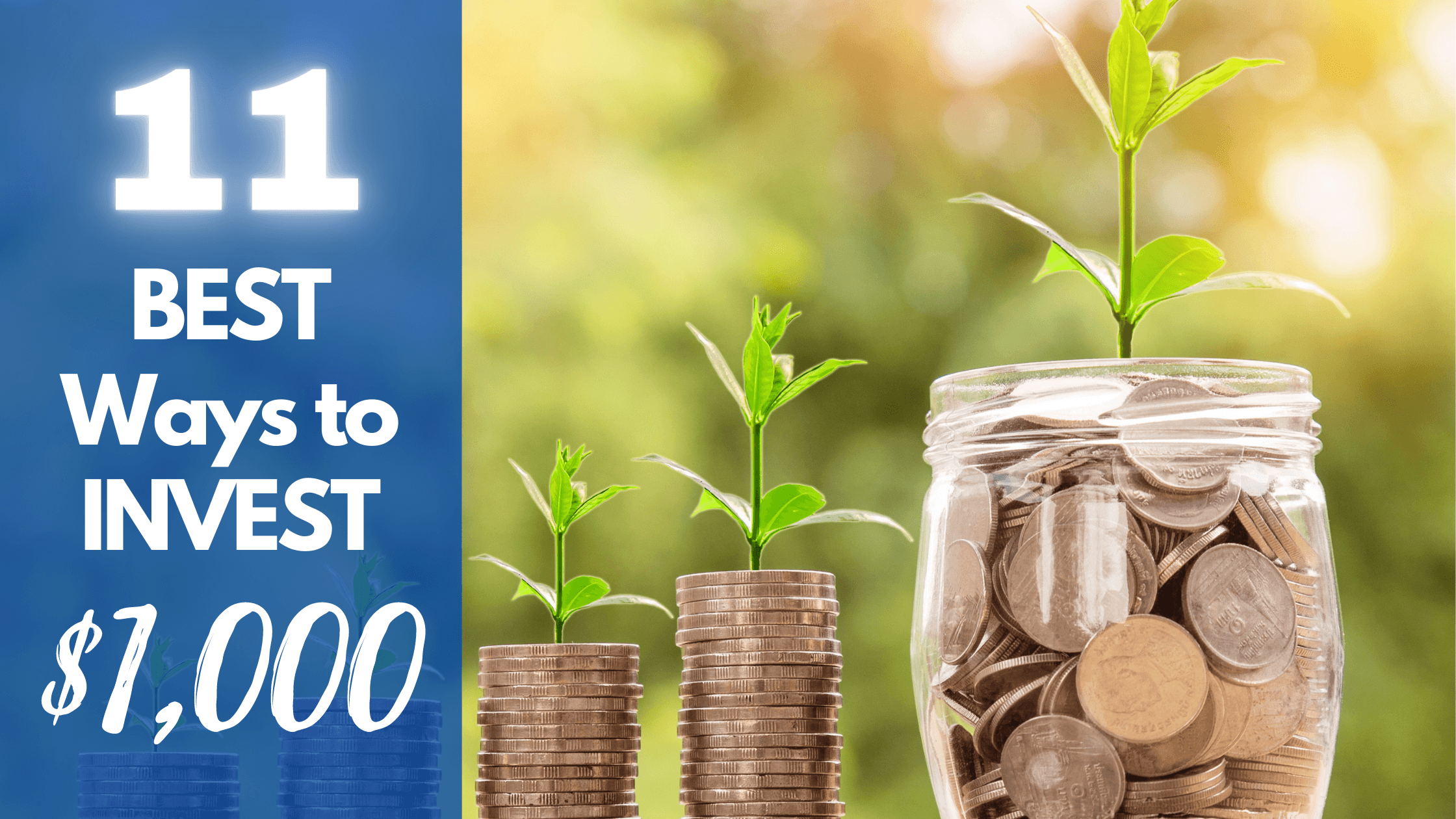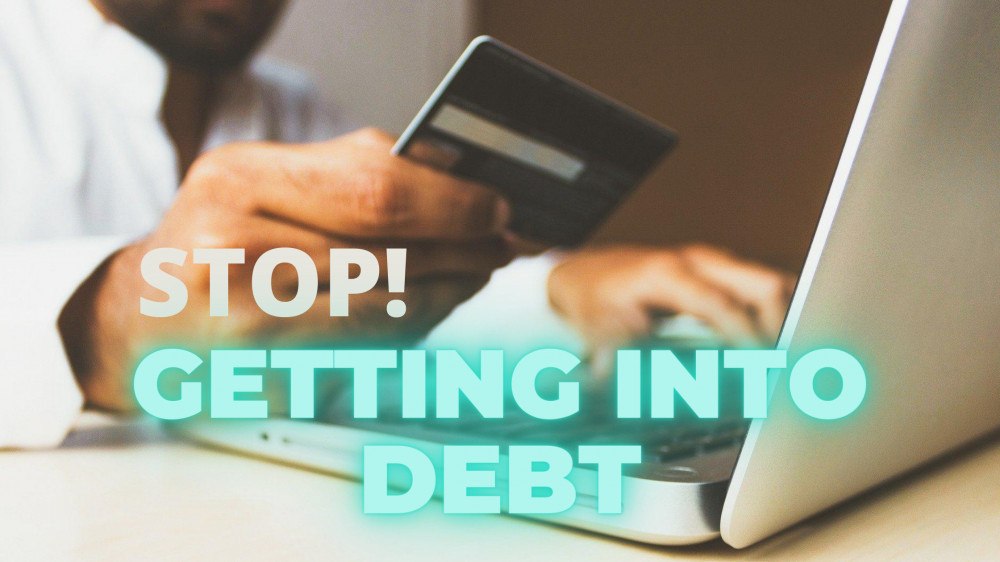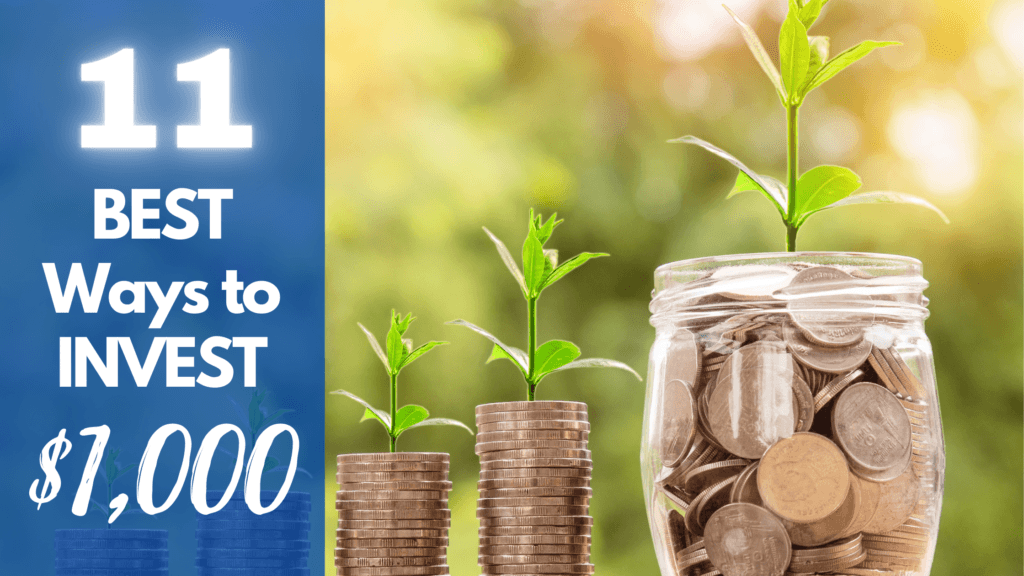
Right! How to invest $1,000 or £1,000 the best possible way… So you’re ready to start creating your legacy and getting that net worth of yours growing. You don’t have to have lots of money to start investing. We all have to start somewhere and you may be starting off with your first $1,000 (or £1,000) to invest and are wondering how to invest $1,000 dollars?
I’ll take you through my top 10 ways to invest $1,000 (well, 11 actually – read to the end!). Regardless of where you’re based in the world, you’ll have access to most, if not all of the below.
1. Stocks and shares
You can’t talk about investing without mentioning the granddaddy of investments. Stocks and shares are one of the most recognized and long-standing of investments. Buying a piece of a company is a great feeling. And these days you don’t even need the purchase the full share price to be able to invest, you can do so in fractions of shares.
Why do I say this? Because companies like Google and Amazon have share prices ranging into the thousands and having only $1,000 might make you think it’s not possible to invest in these companies. Wrong.

With the apps and investment platforms available these days, you can buy a fraction of a share. Especially if you’re employing a dollar-cost-averaging method of investing and are splitting your money into smaller chunks and investing weekly or daily to try to smooth out the market movements.
2. Funds
Index funds and mutual funds are the next evolution in the stocks and shares market.
A mutual fund is a pool of money invested in a variety of securities like stocks and bonds. You purchase into the fund and essentially contribute towards the pool, but have no control over the individual assets and securities that are purchased and held in the fund. Pooled funds bundle these securities together, offering investors the benefit of a diversified portfolio but in one simple transaction.
Index funds are slightly different. Whilst the fund follows that same basic methodology, they track a specific index (e.g. S&P500;).
Instead of being actively managed like mutual funds, index funds are mostly passive as they are automatically investing is stocks on the index they’re tracking. As a result, fees for index funds are often significantly lower than mutual funds.
3. Exchange Traded Funds (ETFs)
Whilst ETFs would probably sit at the same table as index and mutual funds, they are slight different.
ETFs allow you to pool your money with other investors and also purchase a collection of assets, however they are in and of themselves, listed individually on the stock exchange and can be traded just like normal stocks and shares throughout the day, at any given time, for the prevailing market price. Mutual funds can only be purchased at a price that’s calculated daily.
An ETF can be restricted to one industry (e.g. technology); a country (USA or UK) or it could be spread across many company types and geographic locations – there are so many options.
They can be actively managed (like mutual funds) or passively managed (like index funds) – this will also affect the fees.
4. Property and Real Estate (REITs)
Can you really invest in property from as little as $1,000? Definitely!
However, you’ll be hard-pressed to find an actual property for that (or even where $1,000 would cover the deposit/down payment/fees). What I’m talking about are Real Estate Investment Trusts, or REITs for short.
REITs are companies that own (and often also operate) income-producing real estate. Examples of the types of real estate are; apartments, warehouses, self-storage facilities, malls and hotels.
Apart from the obvious attraction of investing (albeit indirectly) in real estate and property at almost any amount, REITs generally offer decent returns. They are incentivised by government and receive healthy tax benefits as long as they pay out 90% of their profits as dividends. For an investor looking for passive income, dividends are a must!
Now, given where we are in 2020 and the covid-19 pandemic, I’d say exercise some caution as to which REITs you look at, as some commercial property (leisure, hotels and offices) have taken massive hits and the future may be grey for some.
Logistics based REITs (warehousing and industrial etc.) appear to be the safer bet, given the massive increase in online shopping creating a surge in demand for warehousing and storage.
5. Peer-to-peer lending (Crowdfunding)
Most people think of crowdfunding as a means to borrow money, but that money has to come from somewhere; investors – like you!
Crowdfunding is where you put forward funds that businesses can access and use to develop a product, invest in property, expand operations etc. Returns are generated via interest or by being allocated an equity stake in the business itself. So essentially, you’re becoming an investor within the company and receiving a piece of that company in return for your funding.
Of course, this does have it’s own risk and reward trade-off.
6. Roth IRA (United States of America)
In individual retirement account (IRA) that allows tax-free withdrawals as long as you meet certain conditions. Roth IRAs are funded with after-tax earnings, which is why the withdrawals are tax-free.
You have to be earning less than a certain amount and also are limited to the amount you can put in per year – currently $6,000 if you’re aged under 50. Whilst contributions towards the IRA can be withdrawn at any time, and gains (earnings) made on your IRA can only be withdrawn once certain conditions are met.
You can also only make penalty-free withdrawals after the age of 59.5 years old, unless it’s for certain other situations or qualifying uses.
More details around the limits can be found here.
The Roth IRA is better than a traditional IRA if you believe that when you retire, your tax bracket will be higher than it currently is now. If not, stick to a normal IRA.
7. Lifetime ISA (United Kingdom)
The Lifetime ISA is a relatively new investment vehicle. It’s also the UK’s take on a Roth IRA (see above).
ISAs themselves have been around for years, but this is a new spin on this type of savings account on steroids. If you’re not from the UK, then you won’t know that having your money sat in the bank or a savings account is the worst thing you can, second only to stuffing it under your mattress. Interest rates on savings accounts are so low, it’s almost enough to make you sick.
But that’s where ISAs come in with their attractive interest rates, but even more attractive tax benefits (i.e. there is no tax).
The Lifetime ISA allows you to contribute up to £4,000 every year and the government will then top up an extra 25%, up to a max of £1,000 per annum.
The catch? You cannot touch it until you’re 60 years old, or you are buying your first home.
Be aware that the £4,000 comes out of your total annual ISA limit of £20,000 annually.
8. Pension funds and SIPPs
If you’re still employed, your employer will in all likelihood have a workplace pension. If you’re not already contributing to this, then it may be worth considering topping up your payments with your extra investment funds.
Now, I’ll put my hand up and say that this is probably lower down my list of preferred routes to go, but it’s an option.
This could also include a SIPP (United Kingdom) if you’re self-employed or have transferred your pension pot. SIPP stands for Self Invested Personal Pension and it’s where you choose to put your money.
An attractive feature of a SIPP is that it allows you to invest directly in property (commercial property).
9. Gold and Silver Bullion
No, not doubloons.
Well, maybe doubloons…
Either way, we’re talking good old-fashioned physical gold or silver. Gold is a really good hedge during times of uncertainty and if you’re a prepper, chances are you’ve started acquiring it already.
This is also a long term strategy to store wealth, so make sure you’ve got somewhere safe to store it. Many reputable bullion dealers will be able to offer either their own or approved storage vaults – although it comes at a price, so factor this cost in.

As with any investing, it’s a good idea to diversify your portfolio (i.e. DON’T have all your eggs in one basket). A combination of many of these investment strategies is the most responsible approach, with differing proportions in each, depending on your preferences and risk appetite.
However, gold should always make up an element of it. BullionVault is our number one choice if you’re based in the UK.
10. Cryptocurrency
From gold, to digital gold*…
Cryptocurrency (or Crypto as it’s referred to) is a relatively new asset class. That in itself is a remarkable thing to experience in our lives, given that this is a completely new form of asset, and a once-in-a-lifetime event (or even in generations to be honest).

*Bitcoin is commonly referred to as “digital gold”, as it is viewed by many as a store of wealth.
Now there are literally thousands of coins (cryptocurrencies out there). Additionally, this is a very new market and there is extreme volatility within it, so of all the investments I mention here, this is the one that I would advise you exercise the most caution with.
However, that said, I strongly believe that digital currency and DLT (distributed ledger technology or “the blockchain”) is the way forward and that this market is here to stay. However, like the dot-com boom in the late 90s and early 2000s – I suspect that not all the players entering the market will make it through to the after-party and beyond.
You’re aiming to try to find the Google or Microsoft of the crypto world and this will involve doing your own research (DYOR as it’s affectionately referred to in the cryptosphere).
This is purely my opinion and is NOT investment advice, however I believe Bitcoin (BTC) is the most reliable, established and in-demand coin in the cryptocurrency market, so if you’re uncertain what to invest in, maybe start with BTC itself.
Given that crypto, and Bitcoin in particular, have been the best performing asset class over the past decade, it would be irrational not to have at least some exposure to it in your investment portfolio. What exposure exactly? Well, that depends on your level of risk. If you’re totally new to this game, then keep it at 5% and monitor it as you go.
Just beware, as mentioned, the market is extremely volatile and is prone to sizable ups and downs. Some gains and losses can be eye-watering, but you need to play this one for the long game. And remember; you only lose money when you sell. Don’t panic sell and definitely don’t panic buy (or FOMO in as we say).
11. (Bonus) Pay Down Your Debt!
OK, so this isn’t really an investment by definition, but it’s definitely an investment in yourself and your future, plus the returns are guaranteed. Yes, if you’ve got a 9% interest rate on money that you owe, paying this down early is guaranteed to save you 9% of what you’ve paid down.

If the investments that you’re looking at are producing returns below what you’re currently paying on your debt (and please note that past performance is never an indication of the future performance), then you’re actually better off paying down the debt first.
If your debt is causing you concern, it’s in your best interest to get that sorted first.
You can find more articles on how to tackle your debt in the Retain More category on this site.
Disclaimer: I am not in any way giving investment advice or advocating the buying of any specific investments above, I am merely giving my opinion. The value of your investments can go down as well as go up, please make sure you are comfortable with the risks before you make any investment decision. Remember, past performance is not indicative of future performance.

